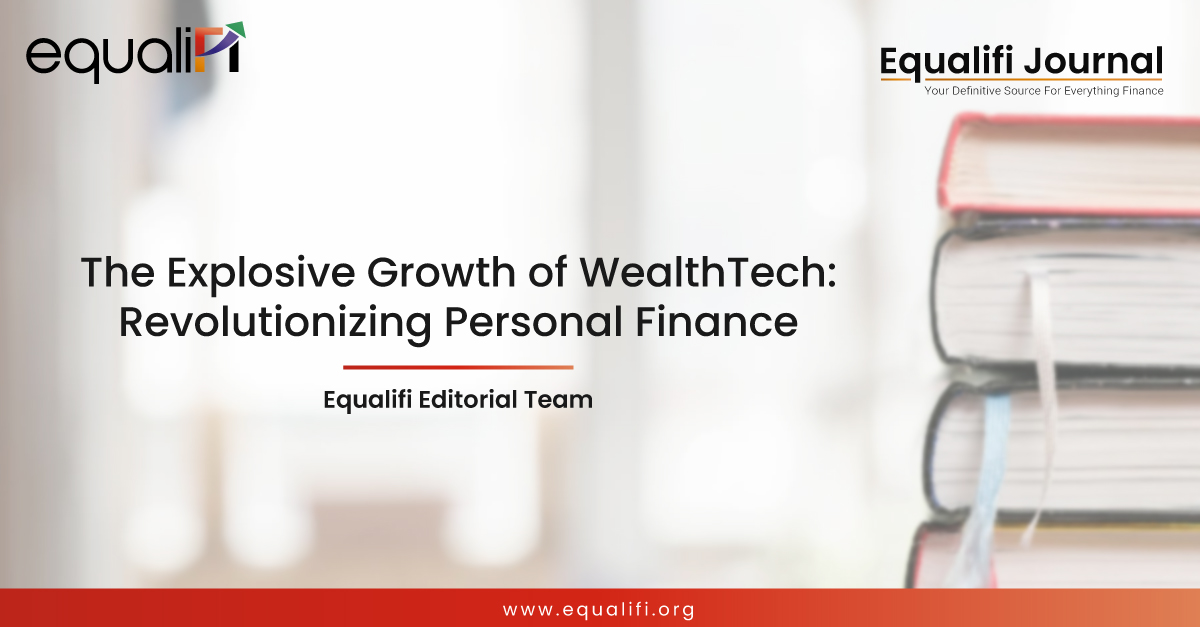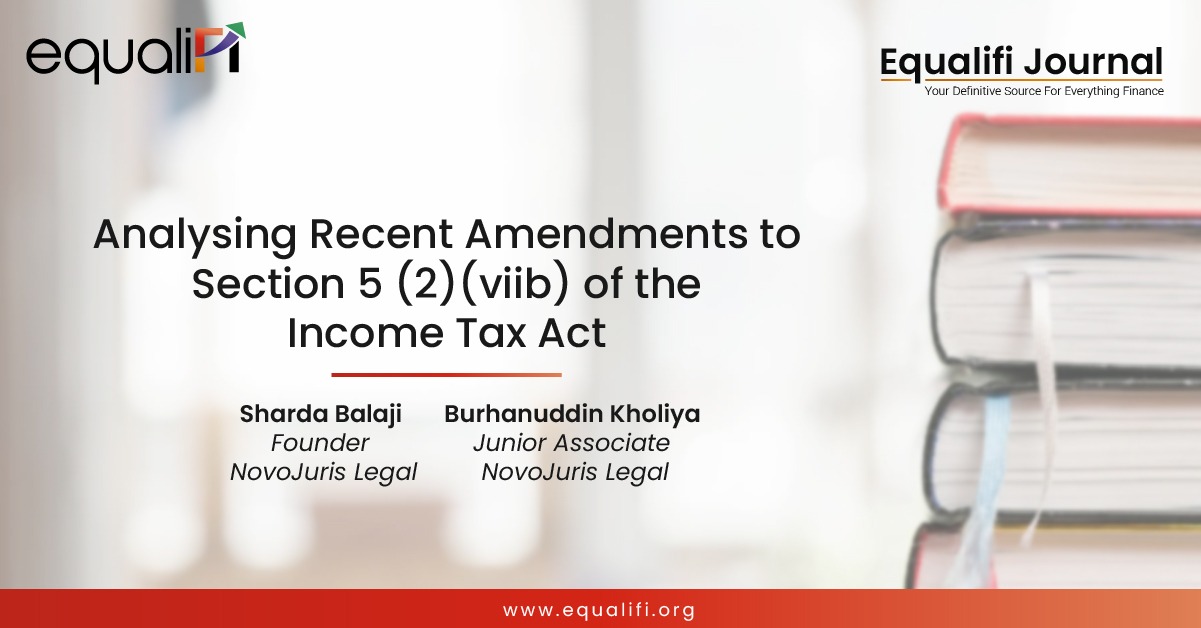New-age Real Estate Investment alternatives, made accessible by WealthTech
Posted on: June 2, 2022 | By: Ashish Khandelia (Founder) and Teena Gandhi (Vice President), Earnnest.me
Abstract
‘’Real estate is a critical sector both from an economic & social point of view. Various estimates (Census of India, MoSPI, RBI & NHB) peg the annual housing demand (rural + urban) at 10MM+ homes per annum, driven by long-term demographics trends, urbanization and nuclearization. The sector being a capital guzzler, in our estimate, the capital need for the housing sector alone will be $100bn over the next 7-10 years. The Sept’18 IL&FS default brought high yields and capital market liquidity to a grinding halt. Credit access to several NBFCs / HFCs froze. This capital vacuum intensified consolidation in the sector, which was already underway post RERA, GST and Demonetization. Regardless of this, real estate as an asset class is best suited to provide inflation-hedge with a decent real return without taking equity risk. The challenges involved in physical ownership of RE remains, and we have seen the sector progressing towards financialized RE. This story began with the first REIT listing in 2019 followed by multiple fractional ownership platforms which made CRE accessible to a wider investor community. The market is moving towards financialization and the reasons are many. The new age digital platforms are helping to democratize access to opportunities long available only to Institutions. Robust fundamental demand and low capital availability is creating a very attractive investing vintage. In our opinion, India needs similar modern-day platforms that combine (1) investment expertise with (2) digital convenience and transparency, to allow participation in real estate assets without the hassle of managing physical assets. Such platforms can play a pivotal role both for the sector and investors seeking superior risk-adjusted returns
Rise of Digital Investing
‘’The wealth management space in India is witnessing seismic changes with the rapid adoption of digital investing. This adoption is driven by demand for investment products offering higher returns in a risk managed way and technology led democratisation of such products. India has the highest fintech adoption rate in the world at 87%, remarkably higher than the global average of 64% and the country’s fintech market is expected to be 5x its current size and worth nearly US$150bn by 2025. Corresponding to this, the Indian Wealth Tech space is expected to grow 3x, rising from ~US$20Bn in FY20 to ~US$63Bn in FY25. Currently, India has ~4MM wealth tech investors, expected to grow to
~12MM by 2025.
The next wave in Wealth Management
‘’Until few years back, wealth managers focused only on UHNW and HNW and retail or mass affluent category of investors did not have equal investment opportunities. However, we see the next decade as a transformation to Wealth Management 3.0 with multiple service models, enabled by technology. This could be either completely digitally led or a hybrid combining both tech and human interface. These models will not only offer a seamless digital support & experience but at the same time will lower the cost to serve its customers, widen the range of clients under its umbrella and breadth of opportunities offered, going beyond traditional assets.
Institutional quality opportunities for personal investments
‘’Over the years, institutions have seen several advantages to investing in Real Estate sector including its defensive characteristics, inflation hedge, alternative to ultra-low fixed income yields offered by most fixed income instruments, avoiding volatility of public equities, to name a few. The market is distinctly moving towards financialization of real estate and reasons are many. And new age digital platforms are democratizing access to such opportunities for personal investment that were long available only to institutions. This trend that started more than a decade ago in the US, is now catching pace in India too.
Foreign Institutional investors have invested more than US$50Bn+ in Indian Real Estate over the last decade, with ~80% of this coming in over the last five years. For personal investment also, investors are constantly looking to diversify beyond equity, gold, fixed deposits, post office savings scheme and debt mutual funds. Diversification remains an essential strategy for building a successful investment portfolio. However, to date their options have remained limited due to inaccessibility to lucrative investment opportunities, available only to large financial institutions.
This is now changing and higher return, managed risk opportunities in investible bite sizes are finally becoming available through Wealth Tech platforms. Critical factors to assess before using such platforms include expertise of the underlying team and transparency of the information shared.
Top themes: How to play the real estate space
‘’In India, the perception of real estate investing still remains that of owning a physical asset despite the administrative hassles, information asymmetry, limited post investment management expertise, and high-ticket size resulting in concentration risk. Most high net-worth families’ exposure to real estate is in the physical form i.e., directly owning the assets. Many a times, assets are legacy owned and not really being managed by a professional team. Also, asset management of physical real estate could become cumbersome. Therefore, despite the strong fundamentals of the underlying sector (as evidenced by significant institutional interest), the investment experience of individuals/families has been mixed.
The risk of drawdown on equity portfolios and very low debt yields, are demanding allocation towards opportunities that provide inflation-hedge with a decent real return without taking equity risk. Real estate as an asset class, is best suited to fulfil such a gap but it needs to become easy to invest in to and manage post investment.
Financialization of real estate, such as REIT’s, fractional investing and secured fixed-return investment opportunities, is making real estate accessible & affordable. India saw its first REIT listing in 2019 followed by multiple fractional ownership platforms which made Commercial Real Estate (CRE) accessible to a wider investor community. REITs opened an opportunity for safe and profitable investment into rent-yielding A-grade commercial office assets with sums as low as Rs. 15,000-20,000. Along with REITS, the new trend of fractional ownership is giving retail investors an opportunity to pool their resources and collectively own a leased asset with an investment of only Rs.20-25 lacs.
We prefer REITs over other means as a medium to participate in CRE because RETIs are:
- Well regulated,
- Professionally managed,
- Own high quality assets,
- Offer good risk adjusted returns and
- Are liquid in nature.
Another excellent way to play the real estate sector is to participate in residential sector’s robust recovery through private credit. Private credit investment is an alternate investment option where investors can invest in private debt issued by companies. These investments offer higher returns compared to traditional fixed income instruments and are secured by collateral in the form of real estate or other business assets. Unlike buying real estate properties directly that requires large allocations, private credit investments can be started with much smaller amount such as Rs.10 lacs only.
There is an unmet demand in the credit ecosystem as traditional lenders (primarily non-bank financial companies) have pivoted towards retail loans. Such a scenario gives private credit providers a broad spectrum of untapped opportunities to capture, especially in the real estate sector. Institutional investors have been investing big on this theme and have lined up more than Rs.25,000 crores for residential realty investments. Now individuals too can benefit from investing in such a theme.
Conclusion
‘’We believe that what started happening to equities about 25 years ago (advent of mutual funds shifted personal equity exposures to professional managers) is starting to happen to real estate and regulations & technology are playing a big role in this transformation. This trend towards financialization of real estate is starting to breakout. Robust digital and payments infrastructure coupled with acceptance of online investing is super-charging this transformation. For example, in the United States, platforms like Cadre, Fundrise, Crowdstreet, etc. are making private equity (PE) type opportunities accessible for individual investment. Financialization in the west has redefined real estate investing.
India needs similar modern-day platforms that combine investment expertise with digital convenience and transparency, to allow participation in real estate assets without the hassle of managing physical assets. Such platforms can play a pivotal role both for the sector and investors seeking superior risk- adjusted returns.
Sources:
- Indian Wealthtech – A $60 Bn Opportunity by Fy25 (researchandmarkets.com)
- Growing Trend towards Financialization of Real Estate – Earnnest
- This Real Estate Investing Platform Is Democratizing the Way We Build Wealth (futurism.com)
- Five Ways Technology Is Changing The Face Of Real Estate Investing (forbes.com)
- Democratization of property ownership: Investors can now choose from REITS to fractional ownership (moneycontrol.com)
- Outsourcing 3.0 in the asset management industry (deloitte.com)
- India’s Financial Inclusion Goals Could Be Achieved With The Help Of Neobanks – Inventiva
- fintech: Five trends poised to shape the future of India’s FinTech sector, BFSI News, ET BFSI (indiatimes.com)
- Cover Story on ET Wealth: Alternative Investments. Can they work for you? – June 13-19, 2022
- Evolving Trends In Wealth Management In India (cnbctv18.com)
- wealth-tech: Phydigital model major disruption in wealth-tech space – The Economic Times (indiatimes.com)
- Time to Evolve – Morgan Stanley/Oliver Wyman Bluepaper
- Private credit investment: An emerging trend in real estate (99acres.com)








